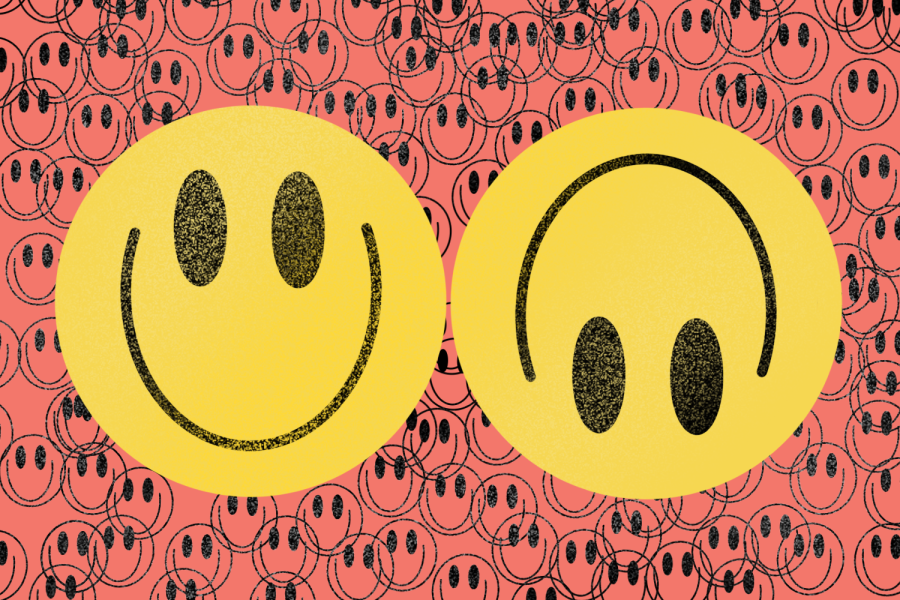To Ralph Waldo Emerson, optimism is to “write it on your heart that every day is the best day in the year.” To Helen Keller, “optimism is the faith that leads to achievement. Nothing can be done without hope and confidence.” However, no matter what it means, optimism is a term that clearly has meaning in many people’s lives.
According to the APA dictionary of psychology, optimism can be defined as the attitude that good things will happen and that people’s wishes or aims will ultimately be fulfilled. Optimists are defined as people who anticipate positive outcomes, whether serendipitously or through perseverance and effort, and who are confident in their ability to attain desired goals.
Interestingly, the entry goes on to highlight the fact that most people tend to demonstrate strong tendencies towards both ends of the spectrum—pure optimism or pessimism—and few fall in the middle. Why might this be the case?
A TED talk given by Caroline Allen in 2019 discussed what contributes to a person’s degree of optimism. The first thing she highlighted was the inclusion of an open and positive environment and the second includes genetics, which only contributes a small portion. Interestingly enough, individual choice is the largest contributing factor.
It can be hard to be optimistic when in a new, strange environment far away from your family and home. Yet, an NBC News poll shows that 92 percent of college freshmen are allegedly optimistic about their personal lives.
This may be true of other universities, but what about Vanderbilt? We asked a few of our fellow first-yearss for their opinions on optimism and how it affects their life to gain insight on that very question.
As it seems, some students on campus value optimism but also express their difficulties with consistently exemplifying it. First-year Audrey Lingan admits that it may be easy to enter into a situation with a pessimistic view. Interestingly, she added that simply thinking about something going badly can make it more likely to go badly.
“I think a pessimistic view can cloud your judgment, where I’m continuously looking for confirmation that the situation is going poorly,” Lingan said. “Of course, finding optimism in situations is difficult, but it definitely makes my life overall better.”
Research shows that pessimism on its own can have a multitude of negative effects like Lingan references. For starters, it can lead to anxiety, depression, sleep disorders, hostility, high blood pressure, and heart disease, leading to setbacks that may be difficult to come out of. Samantha McLoughlin expressed a similar thought process to Lingan:
“I think that the future is inherently unpredictable, and we really have no way of knowing whether it will change for the better or the worse,” Lingan said. “While this means we cannot be objectively certain whether optimism or pessimism is accurate, I think that it’s pragmatically better to be an optimist. A belief in pessimism can create a self fulfilling prophecy, as a belief that we are doomed can cause us to give up on the future.”
To this end, McLoughlin and Lingan both speak to an idea that many experts corroborate. According to Allen and other leading experts, optimism can be a very powerful tool. In her talk, Allen also emphasizes how optimism is more than just being positive. It’s not the same thing as being happy, even though it is generally closely correlated with the emotion. She even cites a study by The Harvard Business Review that concluded optimists are usually more confident and can end up the most content.
Though some students exemplify the ideas Allen is a proponent of, others have a very different view on the subject. First-year Demi Adetona considers herself a pessimist, but believes that this does not inhibit her from seeking positivity.
“The core tenet of pessimism is expecting things to go wrong, and that has nothing to do with your outlook on events in your life,” Adetona said. “When you just prepare for things to go wrong, then you’re never disappointed, in fact you’re pleasantly surprised. In fact I’m probably a realist with a hint of pessimism.”
In her case, Adetona proposes some very viable reasons for why pessimism may be the beneficial mindset for an individual. Psychology Today weighed in on this perspective, stating that pessimism can combat feelings of laziness and overconfidence that may arise from previous successes. Though it’s unclear which reasons trump the others, it seems evident that each point of view has its own reasoning involved.
Despite the trend, some first-years, like Dorian Qureshi, still fall somewhere in the middle between one hundred percent? pessimism and optimism.
“I think that part of the human condition is that our actions are always done so with expectation, and that expectation can have an influence on our actions. It’s a feedback loop: the way you feel influences your actions, and your actions influence how you feel,” Qureshi said. “I like to stay in the middle. I don’t reduce myself to pessimism, I just explore my boundary of capacity. It’s fun, and failure is part of it.”
Optimism, just like much else in life, operates on a spectrum: people can range from pessimistic, to very optimistic, to a realistic middle-ground. Nevertheless, one thing remains clear: optimism is a choice that students can make to affect their lives. Though people’s backgrounds may vary, there is an inherent choice involved in the decision to be at one end of the spectrum or the other – and the research shows that, regardless of doubt, optimism does have its benefits.





